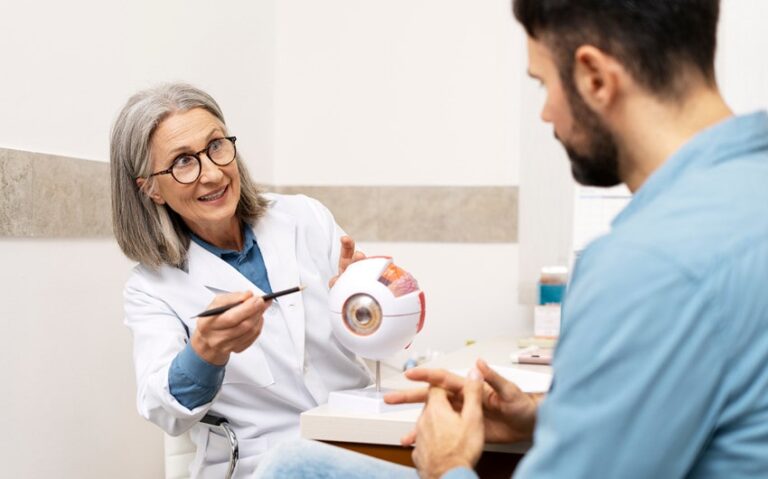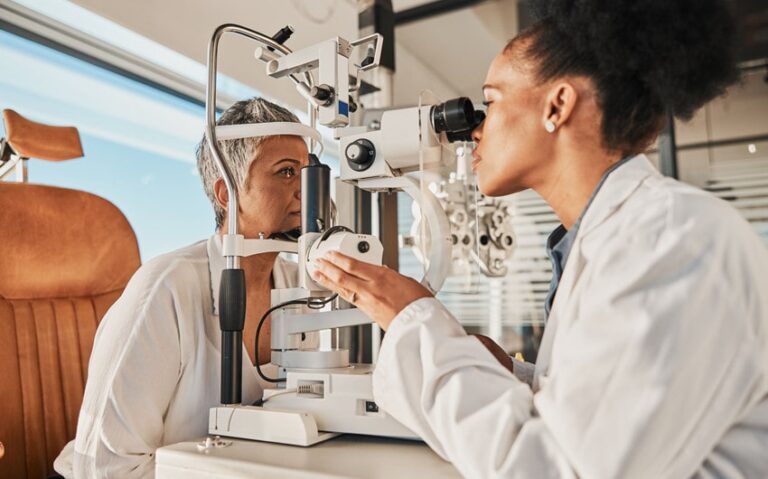Women’s Health Challenges That Don’t Get Enough Attention
Women’s health is a multifaceted topic, yet many conditions that affect women uniquely or disproportionately continue to be overlooked. While issues like breast cancer and reproductive health receive widespread attention, lesser-known challenges often remain in the shadows. These include endometriosis, autoimmune disorders, pelvic floor dysfunction, and perimenopausal mental health.
These conditions can severely impact quality of life, yet are frequently misdiagnosed, under-researched, or dismissed as minor concerns. Cultural stigmas, lack of awareness, and gender bias in medical research further compound the problem.
In this article, we will highlight the women’s health challenges that don’t get enough attention and explore why it’s time to change that.
Chronic Fatigue and Misdiagnosed Pain Disorders
Chronic fatigue and misdiagnosed pain disorders, such as fibromyalgia or endometriosis, are common yet often misunderstood conditions affecting many women.
As per the World Health Organization, endometriosis affects about 10% (190 million) of reproductive-age women and girls worldwide. This chronic condition causes severe pain during periods, sex, bowel movements, or urination, along with fatigue, nausea, and sometimes infertility. There is no proper cure for it; treatment depends on handling symptoms.
Greater awareness and gender-sensitive diagnostic approaches are essential to ensure timely recognition and effective treatment of these life-altering conditions.
The Silent Strain of Autoimmune Disorders
Autoimmune disorders like lupus, rheumatoid arthritis, and Hashimoto’s thyroiditis disproportionately affect women and often go undetected for years. Symptoms can be fluctuating, vague, and easily misattributed.
Mayo Clinic reported that females were almost two times more prone to an autoimmune disease than men. Around 63% females suffer from at least one autoimmune disease in the US. The five most common autoimmune diseases among females are rheumatoid arthritis, psoriasis, type 1 diabetes, Graves’ syndrome, and autoimmune thyroiditis.
Many women silently cope with chronic pain, fatigue, and inflammation. Early diagnosis and personalized care are critical, but still not widely accessible.
Underreported Side Effects of Common Medications
Many commonly prescribed medications for women come with underreported or overlooked side effects that can significantly impact long-term health. These effects are often minimized or not fully discussed during treatment decisions.
For instance, Depo-Provera, an injectable contraceptive frequently used for long-term birth control, has been linked to some severe side effects. TruLaw reports that it may lead to significant bone density loss, mood-related issues, and even meningioma brain tumors. Few women reported some health issues, which led to legal action and raised concerns about informed consent.
Women who used Depo-Provera for over a year and developed meningioma brain tumors may be eligible for compensation. Legal experts estimate Depo Provera lawsuit settlements could range from $75,000 to over $1,000,000, based on the severity of the cases.
These cases highlight the importance of comprehensive patient education. Transparent risk communication is also crucial to help women make truly informed decisions about their healthcare.
Mental Health Issues Tied to Hormonal Fluctuations
Women face hormonal fluctuations throughout their lives, including menstruation, pregnancy, lactation, and menopause, that significantly impact mental health. Conditions like premenstrual dysphoric disorder (PMDD), postpartum depression, and perimenopausal frustration are often misunderstood or dismissed.
The National Library of Medicine states that over 80% of women experience menopausal symptoms, but the way these changes are felt can vary widely. Several factors influence the physical effects of menopause. This includes smoking habits, diet, ethnicity, medical conditions, physical workout, financial status, BMI, and overall gynecologic health. Each woman’s experience is shaped by a unique combination of these elements.
Greater awareness and hormone-informed mental health care are crucial for early intervention and effective treatment tailored to women’s unique needs.
The Burden of Medical Gaslighting and Dismissed Symptoms
Medical gaslighting, where a patient’s concerns are minimized or dismissed, is a serious issue many women face when seeking care. Symptoms like chronic pain, fatigue, or mood changes are often attributed to stress or anxiety without thorough investigation.
This leads to delayed diagnoses and prolonged suffering. Women frequently feel unheard or invalidated, which undermines healthcare trust. Addressing this bias is essential to ensure respectful, accurate, and equitable medical treatment for all.
Access Gaps in Specialized Care
Gaps in specialized care continue to hinder women’s ability to receive timely, accurate diagnoses and treatments for complex health issues.
According to the American Journal of Managed Care, American women have faced greater challenges in accessing necessary health care. These difficulties are more pronounced compared to women in other high-income countries.
Despite spending more on healthcare than any other nation, the US sees high rates of care avoidance due to cost. Surveys consistently show that many Americans delay or skip treatment because of financial concerns.
These barriers disproportionately affect low-income and rural women and exacerbate health disparities. Expanding access to specialized services is essential for improving outcomes and ensuring equitable healthcare across all populations.
Frequently Asked Questions
Why are women’s pain symptoms often dismissed?
It is due to long-standing gender biases in medicine and a lack of research focused on female-specific health issues. Many conditions affecting women present with subtle or atypical symptoms, leading to misdiagnosis. Additionally, emotional or psychological causes are frequently assumed, which reduces legitimate physical complaints.
Which health issues affect females more than males?
Several health conditions affect women more than men, such as autoimmune diseases like lupus, multiple sclerosis, and rheumatoid arthritis. Women are also more prone to osteoporosis, migraines, and urinary tract infections. Hormonal disorders such as polycystic ovary syndrome (PCOS) and thyroid imbalances are more common in women due to biological differences.
Can medication side effects impact long-term health?
Yes, medication side effects can impact long-term health, especially when overlooked or not properly managed. Some drugs may cause lasting issues like bone loss, liver damage, or hormonal imbalances. Women, in particular, may experience unique reactions due to hormonal differences. Monitoring and informed discussions are key to minimizing long-term risks.
Shifting the Focus Toward Equitable Women’s Healthcare
To truly advance women’s health, it’s crucial to recognize and address the challenges that often go unnoticed or underprioritized. From misdiagnosed pain to limited access to specialized care, these issues demand greater awareness, research, and advocacy.
By listening to women’s experiences and tailoring care accordingly, the healthcare system can move toward a more inclusive, informed, and equitable future.





